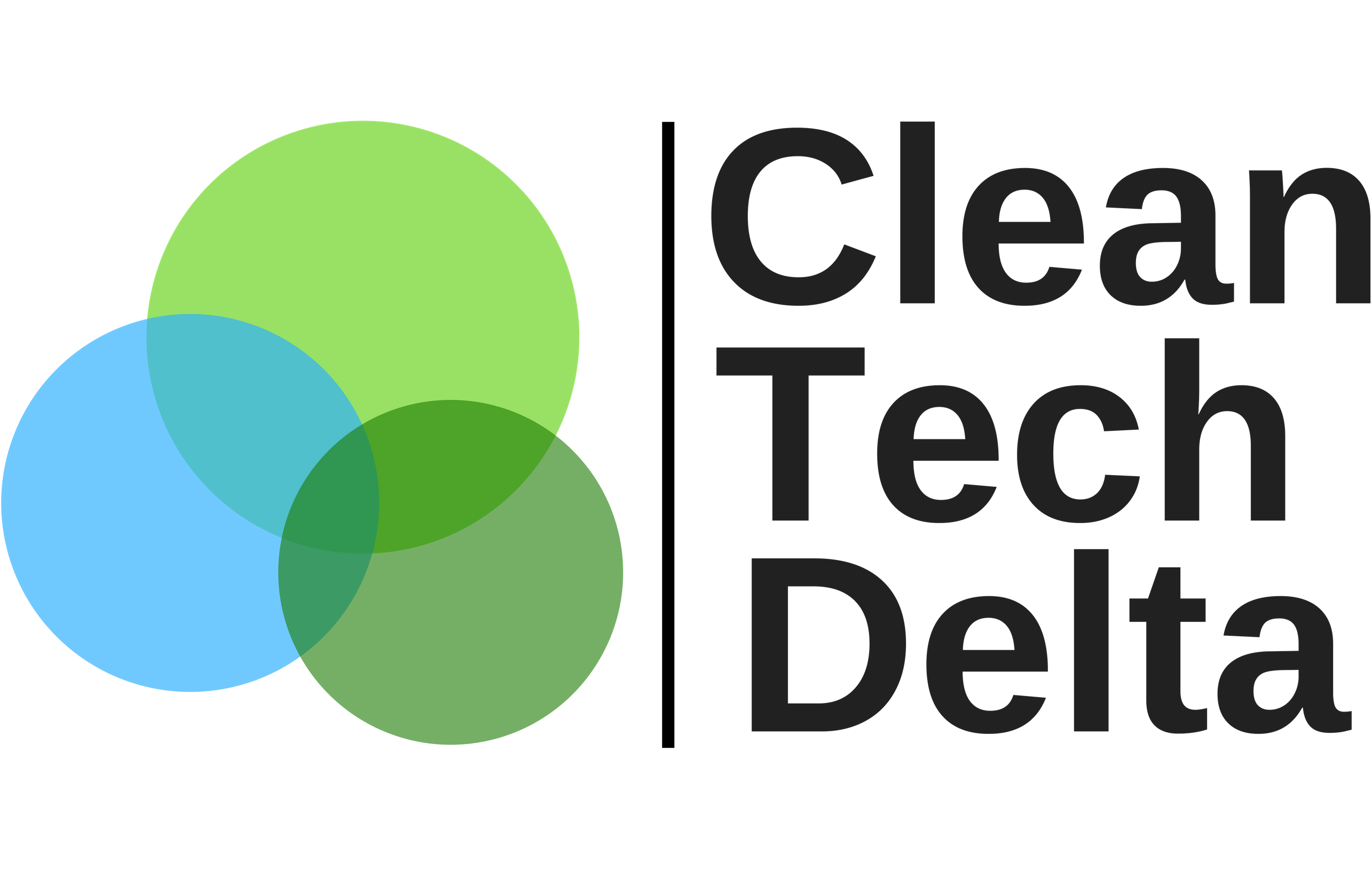In his 2005 TED talk Professor in astrophysics, Martin Rees, wondered if this would be our (humanity’s) final century. We probably all saw Bill Gates Ted Talk from 2015 where he predicted the pandemic threat. Dr. Toby Ord, a moral philosopher with an engineering background and working at the University of Oxford’s Future of Humanity institute, founded by Nick Bostrom, recently published the Precipice with the not very uplifting subtitle: existential risk and the future of humanity. Existential means a threat to humanity’s long-term potential here, not necessarily by extinction (the most obvious one) but also by being locked into a failed world with no way back.
These major risks to our entire future are a new and highly wicked problem and our thinking about them has not caught up yet, and yes (engineered) pandemics are one of them, as are unaligned artificial intelligence and climate change and related environmental damage. Tackling these threats requires global coordination and as our technology powers grow, our practical wisdom how to use them needs to grow too.
We, humans, are moral beings after all. As far as we know we are the only beings capable of making choices based on what is right and wrong. Our ever-increasing technological power can be used to improve our condition or to inflict harm. We need to close our power – wisdom gap and reflecting a bit while at home can be a good start for all of us.
As opposed to the financial crisis, the Corona crisis started in the real economy, shutting it down almost entirely.
The immediate impact of these measures could be a reduction of high-income countries of between 20-30 per cent. The burden is also unequally shared, unskilled workers suffer worst from job losses. People and businesses able to work online continue working.
The cheap money from the future, leading to the previous -debt-driven- crisis is now compounded by massive government lending to reduce the so-called scarring (SME companies that disappear and do not return), to support the real economy and the financial system as well. The Corona crisis, however, has an external cause and global coordination and international solidarity are the good short-term choices.
It will also change the way we think about the economy and public policy. We may see a shift on the one-dimensional government versus markets continuum of policy alternatives and accelerate the thinking around approaches drawing on values beyond market forces and individual gain. Whatever narrative will emerge post-Corona crisis, several truths will become clear:
- Even well organised and professional governments need civic-minded citizens that trusts its government and is committed to the rule of the law.
- Front line workers and others that face (economic) risks have acted with great generosity and trust. The model of economic actors as only rational, or even amoral and self-centred, will have to be updated
- People care about others in positive ways, but possibly also in negative ways (scapegoating, xenophobia) and populists may try to capitalise on these negative feelings and fears.
The risks or threats if you will, are interrelated. Climate change, food and health crises cannot be separated. The solutions can only be achieved by global coordination, fairness and solidarity. This will require, however, the intrusion of moral language and explicit choices between good and bad into our daily discourse. The symbiosis between a new way of thinking about the economy, new policies and institutions to tackle existential risks like pandemics and climate change, in combination with the civic virtues that underpin the successes in battling Covid-19, can become part of a narrative towards a sustainable future.
Working from home allows us to reflect on some of these issues. A new balance between the belief that market forces will lead to the most efficient solutions for all our needs and government should be as small as possible and focus on tasks concerning our common goods, and a new position on the continuum of belief in market forces leading to the most efficient solutions for all our needs and a small as possible government focussing on essential -common- tasks only, and a government that wisely uses its intervention possibilities to steer society towards a more sustainable and inclusive future.
Stay safe!
Fred van Beuningen
